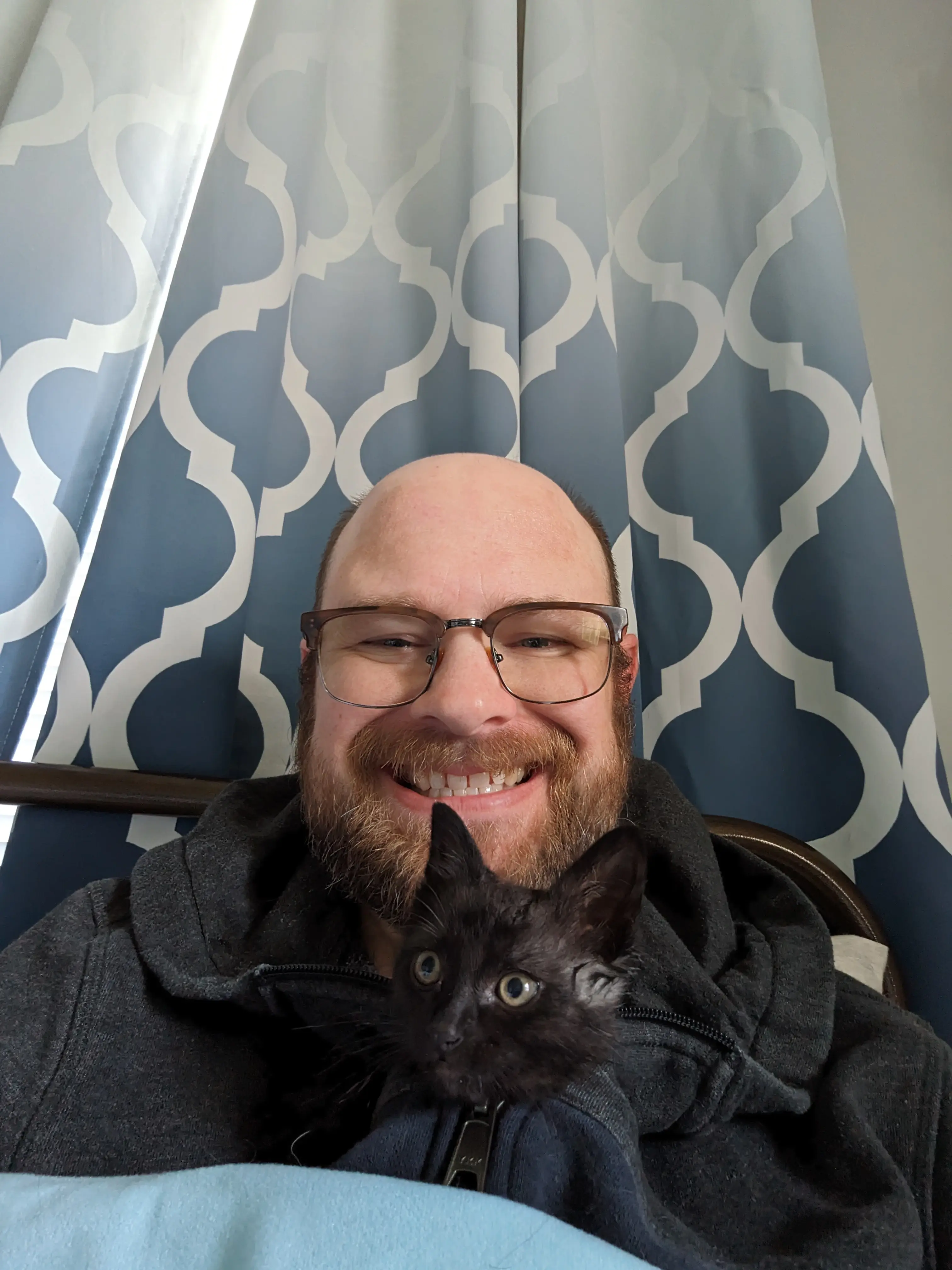Well, after much thought I’ve handed my diagnosis letter in to work. Let’s see what happens!
I’m expecting an invite for a ‘lovely’ chat with OCC health, and maybe something from HR… The joys of working in a large company. Other than that, I don’t expect much too change, at last that’s what I hope for.
This feels both momentous and an anticlimax.
I don’t see what would change, or why, unless you were also asking for some special accomodations because you are on the spectrum. Like, I don’t even see the value of informing an employer of my diagnosises unless it was because I need some kind of assistance or leeway because of difficulties I might have performing the job.
Hopefully no change. Nice thing about larger companies the usually are more careful about letting people go over things like this. And if you are in the right industry they may see it as a benefit.
What are you expecting to actually happen from this?
What do I expect to happen from this? Not much, immediately other than an amount of ‘process’.
I don’t currently need adjustments and am reasonably good at my job, so don’t have major worries right now. However, things can change. I may be given a task that would be easy for an NT, but very difficult for me to do. This could affect my performance, with potential negative consequences over several years. Now the company knows, we can work something out to mutual benefit, otherwise I’d be in trouble.
To say I want to weaponise my diagnosis would be unfair, but if I can fairly use it to help me exist in an NT corporate environment, where otherwise I’d have difficulties, then I think I’m taking the sensible approach. Time will tell. In the UK, compared to perhaps other less civilised places, we have a degree of legal protection, but it is a two way street.
What triggered or preceded it?
Getting diagnised: I suspected that I was ‘different’ for many years. I thought I was autistic for a few years but didn’t really admit it to myself. Finally I decided that I should get tested and stop hiding from it. I still only tell people on a need to know basis at the moment, but is an open secret.
Telling work: People at work know I’m not NT shall we say, but being in a technical field it’s kind of accepted. Work wise however it has held me back. I’ve been given (well meaning) opportunities that I’ve not been able to thrive with. Things are getting a little more cut throat nowadays, with more severe consequences, so I thought anything that I can do to preemptively rebalance the deck must be a good idea.
It means that I can have a conversation along the lines of “you know I’m going to have difficulty doing X with Y people, so I’ll need some support there, but you know I’ll do Z really well. Can we work something out?” Previously I’d just struggle with, and probably fail the whole task, benefitting noone. I’d get over stressed so probably fail other things too. To be absolutely honest, I’m too old and too tired for that shit. Another aspect is that being professional is communicating where you are not able to do a task to a high enough standard. The diagnosis allows me to do this in an open and constructive way.
Wrongful termination or discrimination makes does wonders for retirement. I wish more neurodivergent people would actually take legal action when they are wronged. Don’t be afraid to fight for change. All it takes is a few lawsuits that cost big money and companies will change for the better. It isn’t always a problem depending on the company or organization but I’ve read horror stories.
Edit: just to be clear you should talk to a lawyer
Ok but they should maybe try to get an employment lawyer guiding them, kind of a serious thing to be winging
That’s what I mean




